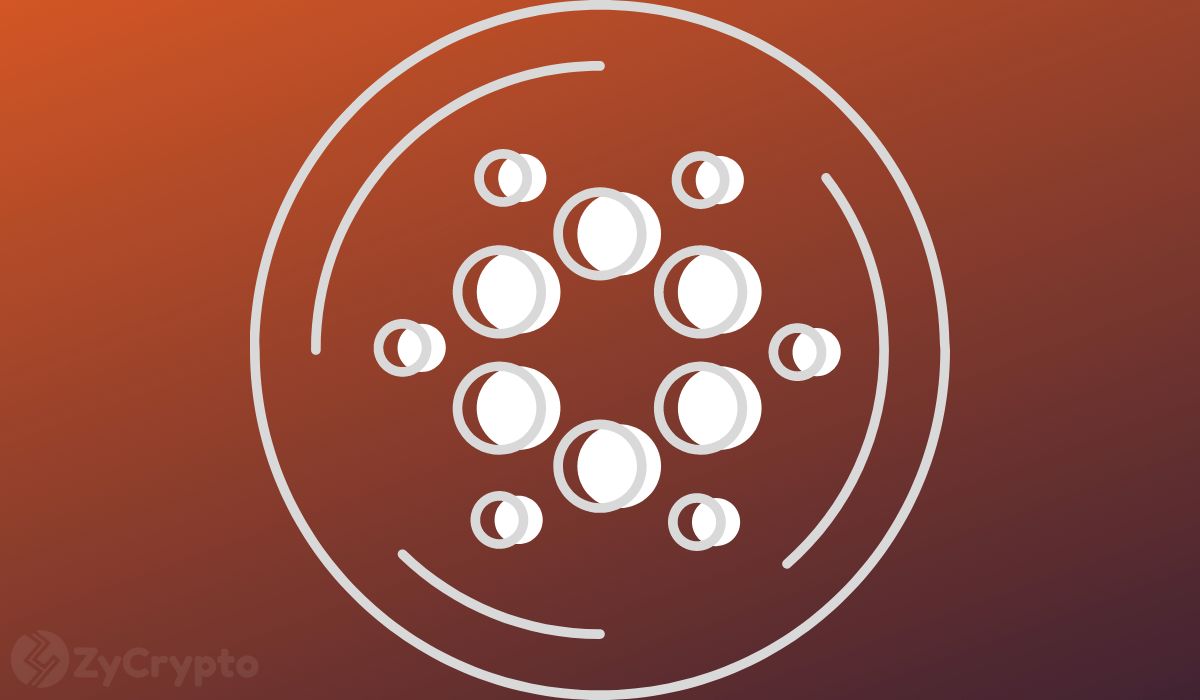Argentina has officially taken a significant step toward integrating blockchain technology into its legal and economic framework and could be on the verge of officially adopting Cardano’s ADA cryptocurrency as a recognized payment method for loans.
A tweet on Tuesday publicly announced this groundbreaking development by Mauro Andreoli, a lawyer and Argentina’s Cardano ambassador.
“We did it, we have just signed the first legally and judicially enforceable contract on the Cardano network, in full compliance with the laws of the Argentine Republic,” Andreoli tweeted, marking a historic moment in Argentina’s embrace of cryptocurrency.
The pundit further displayed the contract, a loan agreement between himself and another Cardano ambassador, stipulating a loan of 10,000 ADA, repayable within four months at a 10% interest rate.
Notably, this contract, which was notarized and registered with the transaction ID (Tx ID) on the Cardano blockchain, is the first to be legally enforceable under Argentine law.
The contract’s legitimacy is bolstered by its adherence to Argentina’s Civil and Commercial Code, specifically, Article 1525, which defines a “mutuum contract” as a form of loan where the lender transfers ownership of a quantity of goods (in this case, ADA) to the borrower, who is obligated to return an equivalent amount.
For Andreoli, this milestone marks a significant advancement for Argentina’s legal framework in the realm of cryptocurrencies. “This is undoubtedly a significant advancement. Legally, this establishes evidence and streamlines procedural steps, marking the initial phase of creating favorable jurisprudence in the country,” he explained.
The adoption of ADA for loans comes on the heels of Argentina’s growing interest in cryptocurrencies. Under the leadership of President Javier Milei, who took office in 2023, Argentina has shown a strong pro-crypto stance. Just last year, following Milei’s election, Argentina officially ratified the use of Bitcoin (BTC) in contract agreements. Milei’s push for Bitcoin, alongside this new embrace of ADA, signals a clear direction toward a more crypto-friendly legal environment, with the government supporting the use of digital assets in various sectors of the economy.
Notably, the legal framework for this Cardano-based contract also aligns with Presidential Decree 70/23, issued by Milei, which upholds the free circulation of goods and services, including cryptocurrencies. “We have a robust legal framework for contracts based on the Argentine Civil and Commercial Code,” Andreoli said, emphasizing the broader implications for future smart contracts and commercial transactions.
That said, Cardano has been making significant strides in Argentina. In June 2024, the Cardano Foundation partnered with Entre Ríos province to deploy blockchain technology in public services and financial inclusion. Cardano co-founder Charles Hoskinson is also working to strengthen ties with Argentina’s President Javier Milei.
Notably, Hoskinson is expected to meet with Milei on October 19 during the Tech Forum Argentina in Buenos Aires, a key opportunity to advance blockchain adoption in the country.


